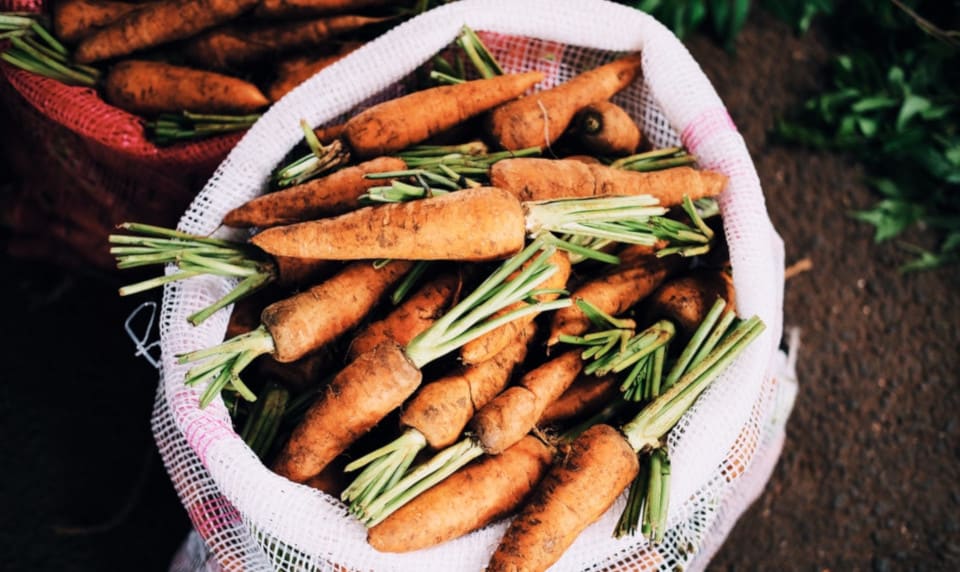Agricultural science degree abroad
Filters
Filters
- Life Sciences
- Agricultural Science
Agricultural science degree abroad
Popular degree type
See less
Popular study format
Popular education type
Popular locations
See less
Degrees in Agricultural Science
Why study an agricultural science degree abroad?
A degree in the field of agricultural science today is so much more than simple farming and extraction of timber. Agricultural science degrees incorporate knowledge in a number of disciplines, including chemistry, environment studies, and biology in addition to aspects of food science, technology, economics, and management. Agriculture education trains students to conduct detailed research, keep careful track of farming developments, and understand professional agriculture codes of conduct.
The particular focus and combination of your agricultural science education is largely up to you. There are countless combinations available at every level - from diploma courses and bachelor degrees up to doctorates.
What are the prerequisites for studying agricultural science abroad?
Prerequisites will vary depending on the level of program you’re interested in. If you’re applying to a bachelor’s program, most schools don’t require prerequisites beyond a solid academic foundation. If you’re applying to a master’s program, you might need to have a strong background in biology, mathematics, or environmental science. Depending on the focus of the agricultural science program, you might also be expected to have taken coursework in economics or chemistry as well.

What will I learn studying agricultural science abroad?
A common division of programs in agricultural science education lies between those with a more practical, vocational orientation and those which focus more on the applied sciences. Choose your agricultural science education carefully, as the career options open to you upon graduation vary accordingly.
Agricultural science degrees are available worldwide. Most institutions offering agricultural science education programs are set in a rural location, often far from the lures of city life. This aspect of student life is definitely worth considering, as it will have a large impact on your experience at university, and you will be expected to spend plenty of time in fields, barns, or forests.
Here are some examples of courses you might be exposed to:
- International food system analysis
- Sustainable agriculture
- Integrated pest management
- Soil science
- Ethics and issues in agriculture
- Environmental resource management
What can I do with a degree in agricultural science?
Careers in the field of agriculture/ forestry are often within farm, livestock, or forest management, research and advisory work. It is not uncommon for graduates to work with issues such as sustainable development, environmental effects, climate change, and disease epidemics as well as organic crops and land erosion.
If you are more interested in a sales or marketing-oriented agricultural role, you may find opportunities within the agricultural product industry, working with the sales/marketing of feed, fertilizer or forestry equipment. Another closely related field which attracts many agricultural science graduates is that of food sciences, where opportunities involve working as food technologists, scientists or product developers.
Agricultural science is a research-intensive field, with many opportunities for continued education and research beyond a bachelor or master degree. If this is what you are aiming for, it may be wise to consult your prospective school regarding such opportunities within agricultural science.